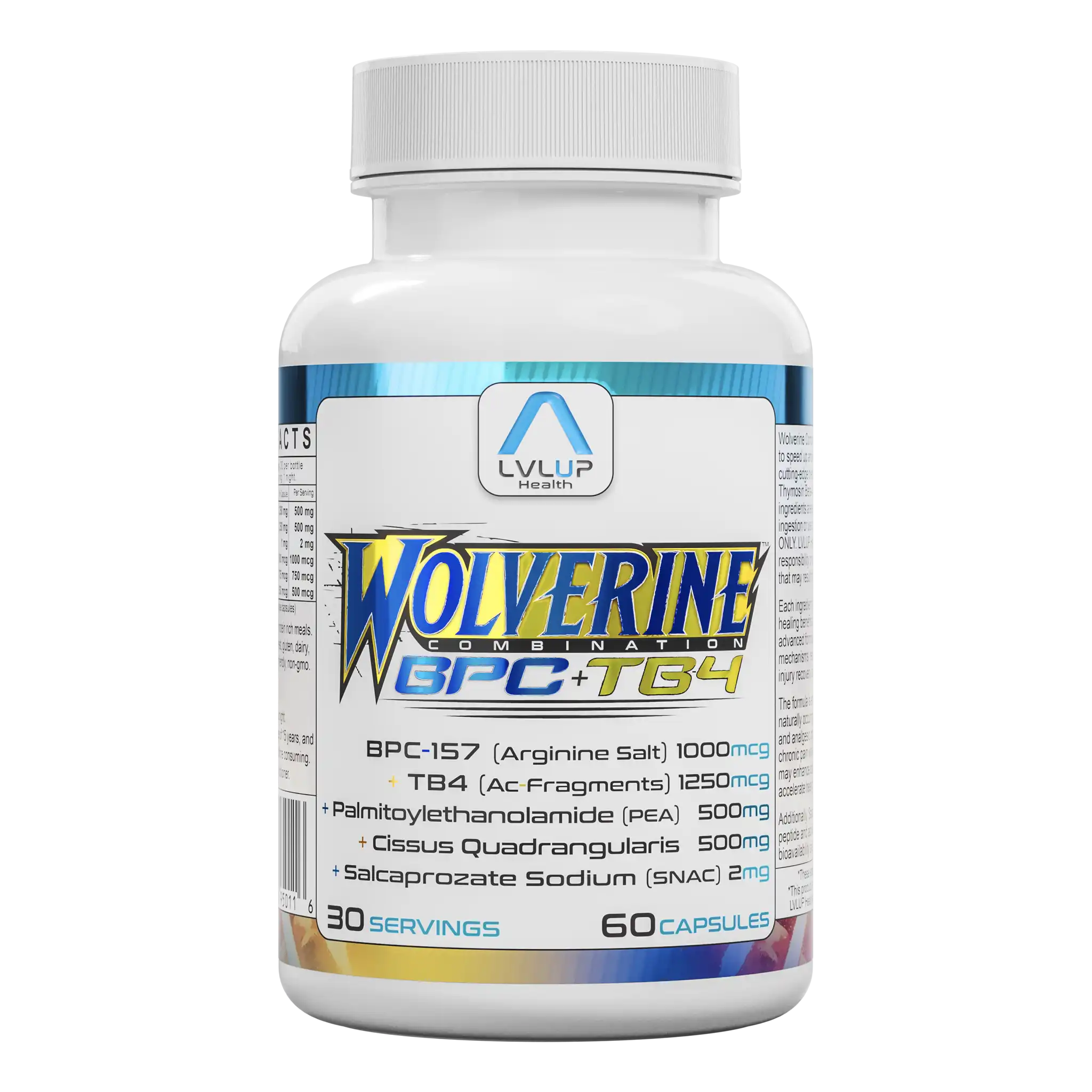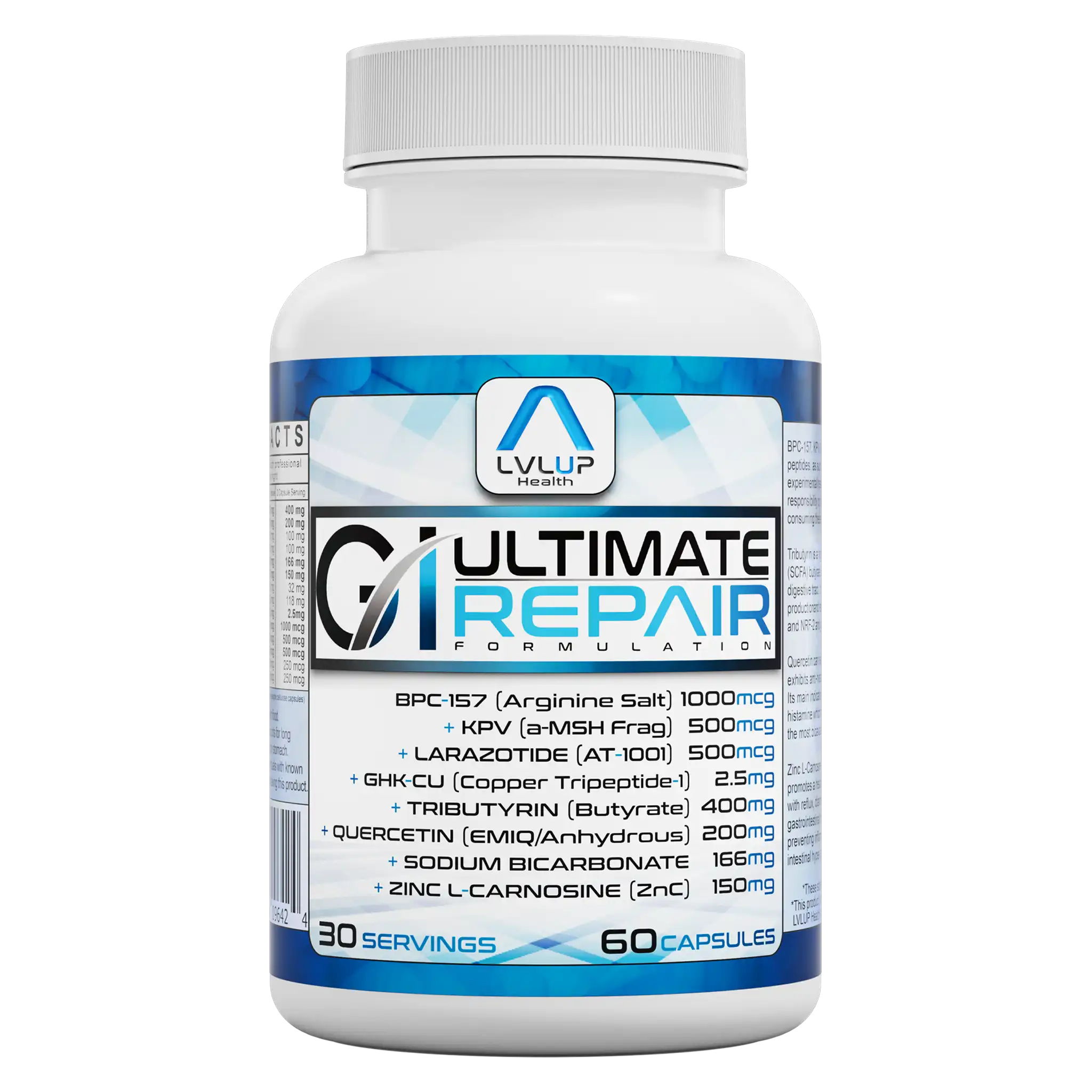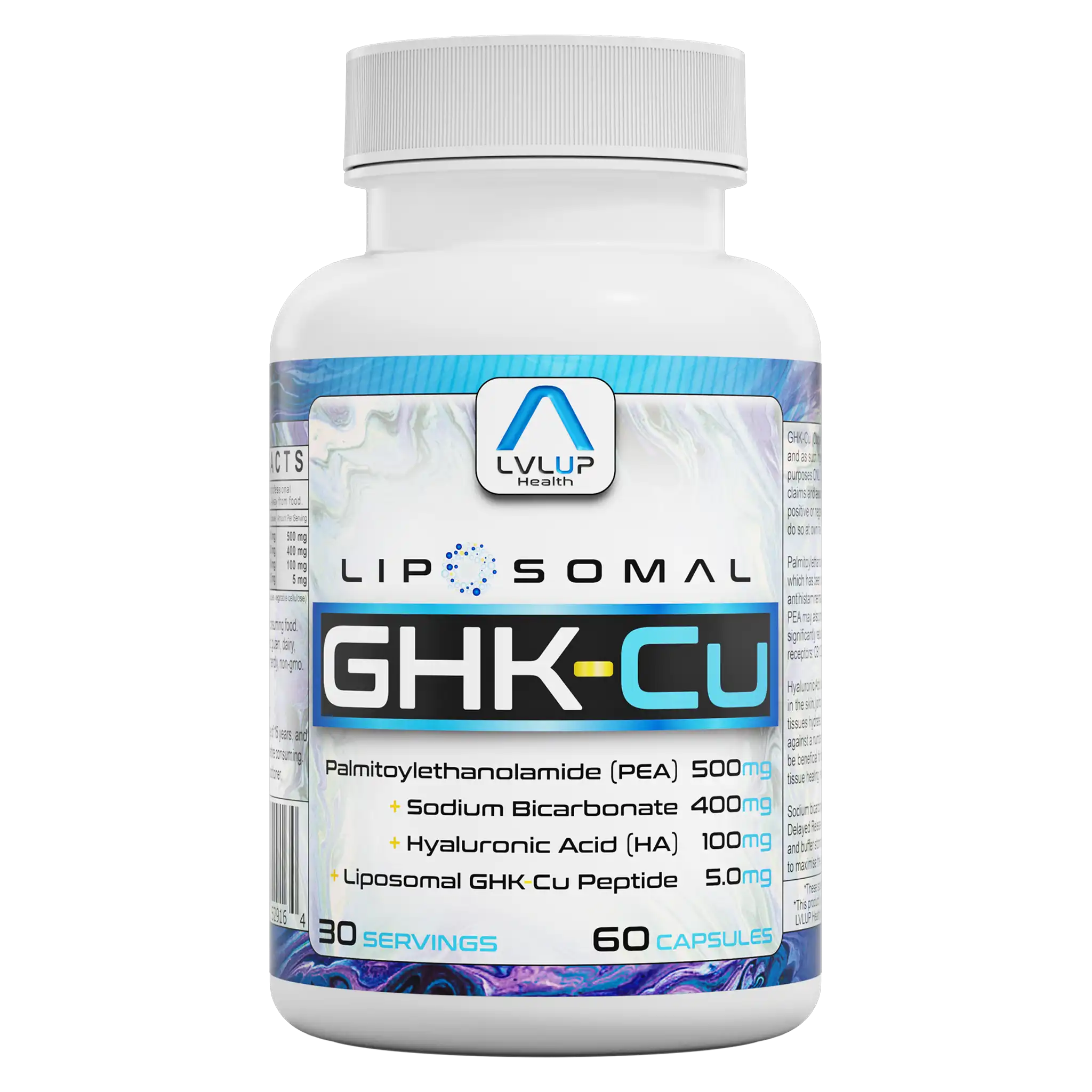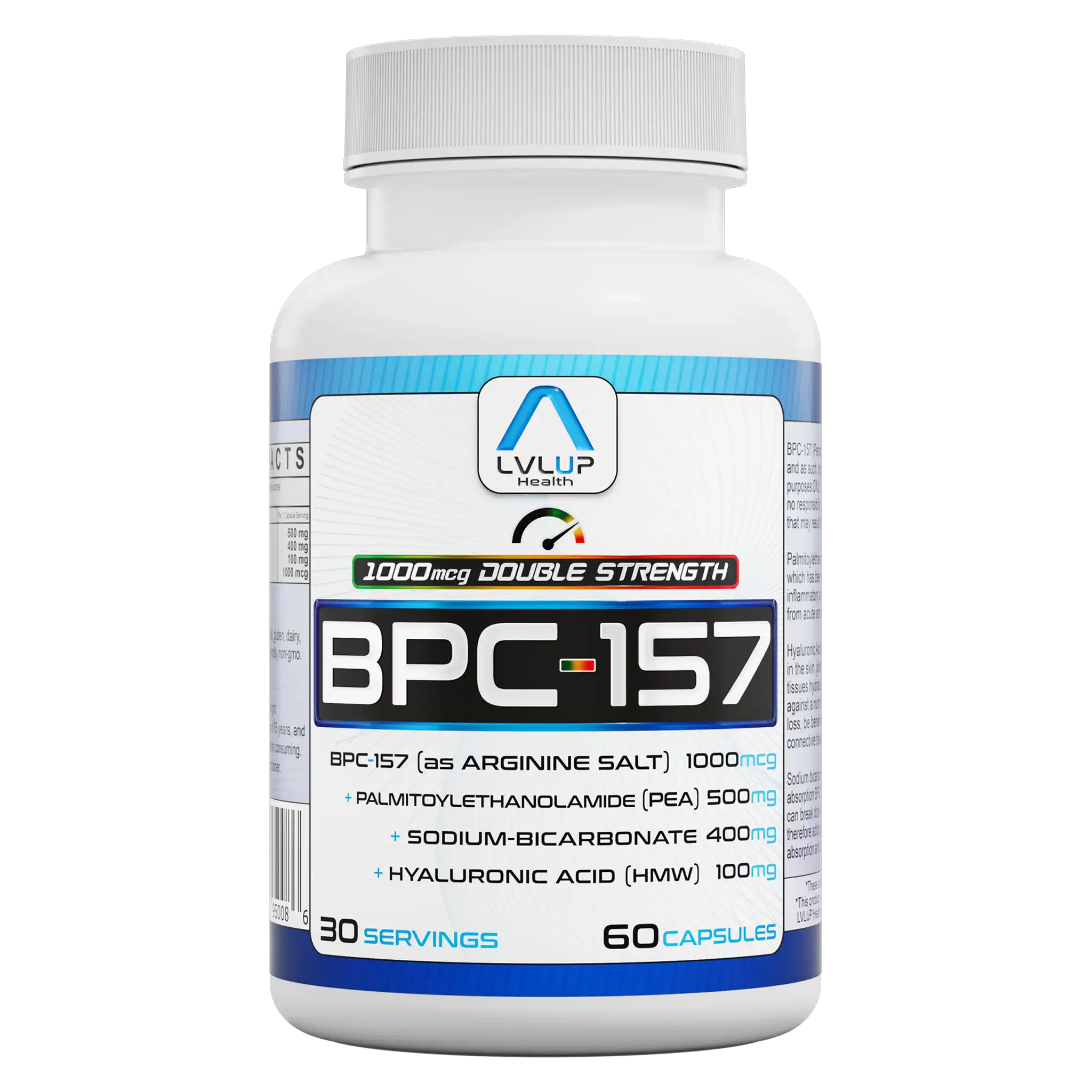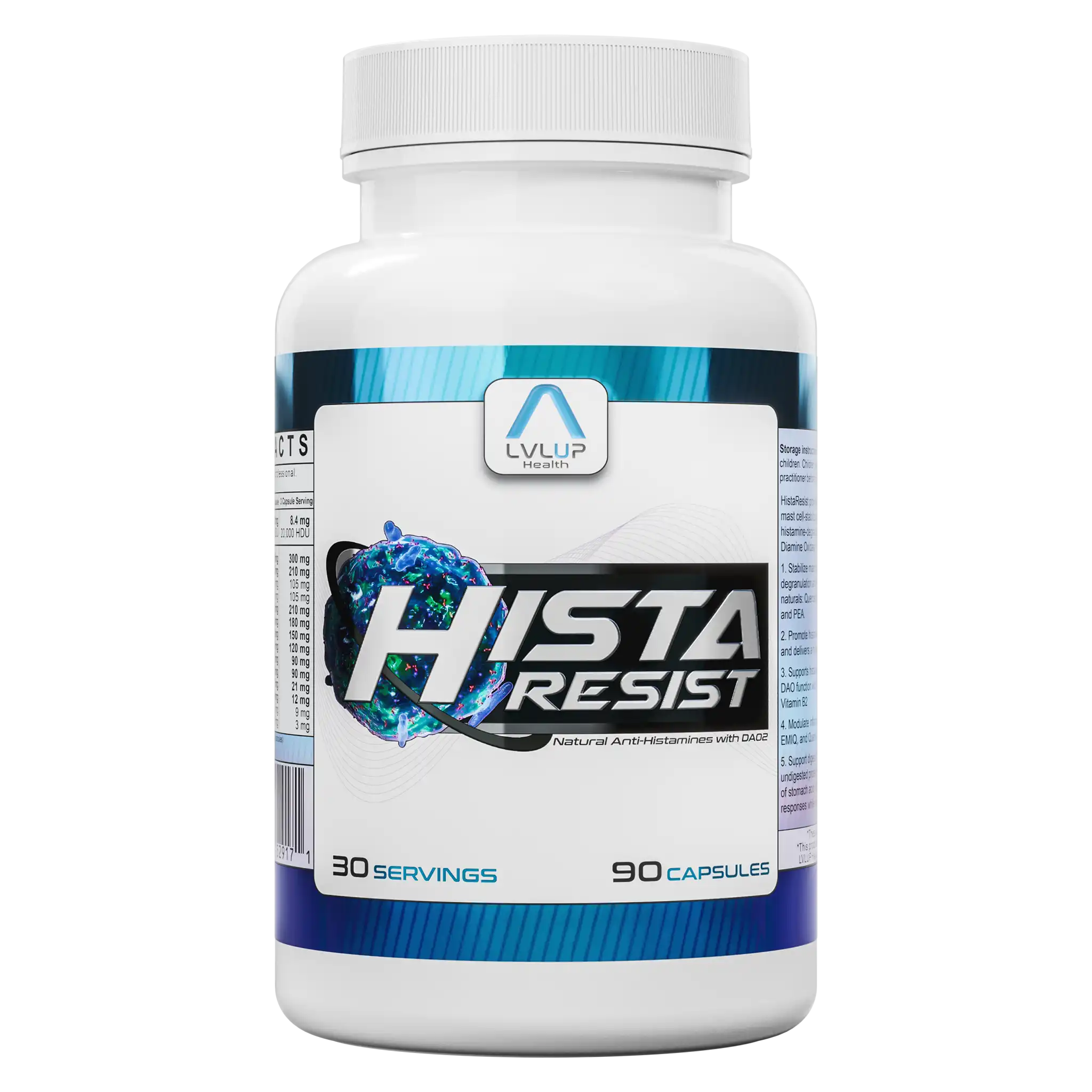Black Seed Oil Extract
About Black Seed Oil Extract
Centuries of Use
Black Seed Oil Extract has been a staple in traditional medicine for ages, used in Asia and the Middle East to address ailments like coughs, stomach aches, and skin issues. Nowadays, it’s the active compound thymoquinone that’s catching scientific interest, especially for its potential impact on immune signaling and oxidative stress reduction.
Anti-Inflammatory Backbone
One standout feature of Black Seed Oil Extract is its anti-inflammatory properties. It may help reduce the production of inflammatory cytokines, which are chemical messengers that can cause pain and swelling. This property makes it a valuable component in supplements aimed at those with food sensitivities or allergic responses.
Immune System Precision
The extract also plays a role in fine-tuning the immune system. By inhibiting mast cell activation, which releases histamine during allergic reactions, it can help reduce symptoms like sneezing and itching. It also supports proper antibody production, keeping your immune defenses balanced.
Practical Applications
You’ll often find Black Seed Oil Extract in supplements designed to support histamine metabolism and mast cell stability, especially during allergy season. Its bold flavor is usually masked in formulations, making it easier to incorporate into daily routines.
Modern Research and Trends
Modern studies suggest that Black Seed Oil Extract might help maintain healthy cholesterol levels and support balanced blood sugar. It’s often paired with other botanicals like curcumin to enhance its benefits in inflammation management and metabolic health.
Blending Traditions into Biohacking Stacks
Many biohackers use Black Seed Oil Extract as part of their supplement stacks, especially for managing allergies or digestive issues. It’s featured in LVLUP’s Hista-Resist, a formula designed to support histamine metabolism and mast cell comfort.
Found In
Formulated With
Detailed Information
Unique Composition
Nigella sativa oil is primarily known for its thymoquinone (TQ) content, but it also contains other compounds like carvacrol and thymol. These work together to provide a comprehensive bioactivity profile, contributing to its immunomodulatory effects observed in studies.
Mast Cell Regulation & Anti-Histamine Effects
Thymoquinone inhibits mast cell degranulation by suppressing calcium ion influx necessary for histamine release. This action is crucial in reducing allergic reactions at the cellular level, and when combined with bioflavonoids, it enhances histamine clearance.
Cytokine Reduction & Immune Potentiation
Black Seed Oil Extract is known to reduce pro-inflammatory cytokines like TNF-alpha by inhibiting NF-kB activation. Additionally, it upregulates antioxidant defenses via Nrf2 signaling, providing dual benefits of inflammation reduction and oxidative defense.
Antibody Response Modulation
Beyond addressing hypersensitivity, Black Seed Oil Extract normalizes antibody responses, supporting IgG class while reducing IgE-mediated reactions, particularly in allergen-sensitive conditions.
Metabolic Support & Standardization
Standardized Black Seed Oil Extracts deliver consistent thymoquinone content, supporting metabolic functions like glucose uptake and lipid modulation through pathways such as AMPK activation.
Formulation Chemistry & Stability
Formulating with Black Seed Oil requires protecting thymoquinone from thermal degradation and ensuring optimal absorption with lipid carriers. Enteric coatings are often used to preserve its stability and efficacy.
Use Cases in Advanced Formulations
In formulations targeting histamine intolerance or mast cell disorders, Black Seed Oil Extract is used alongside bromelain or quercetin for enhanced mast cell stabilization. Products like LVLUP’s Hista-Resist utilize standardized extracts to provide comprehensive support.
